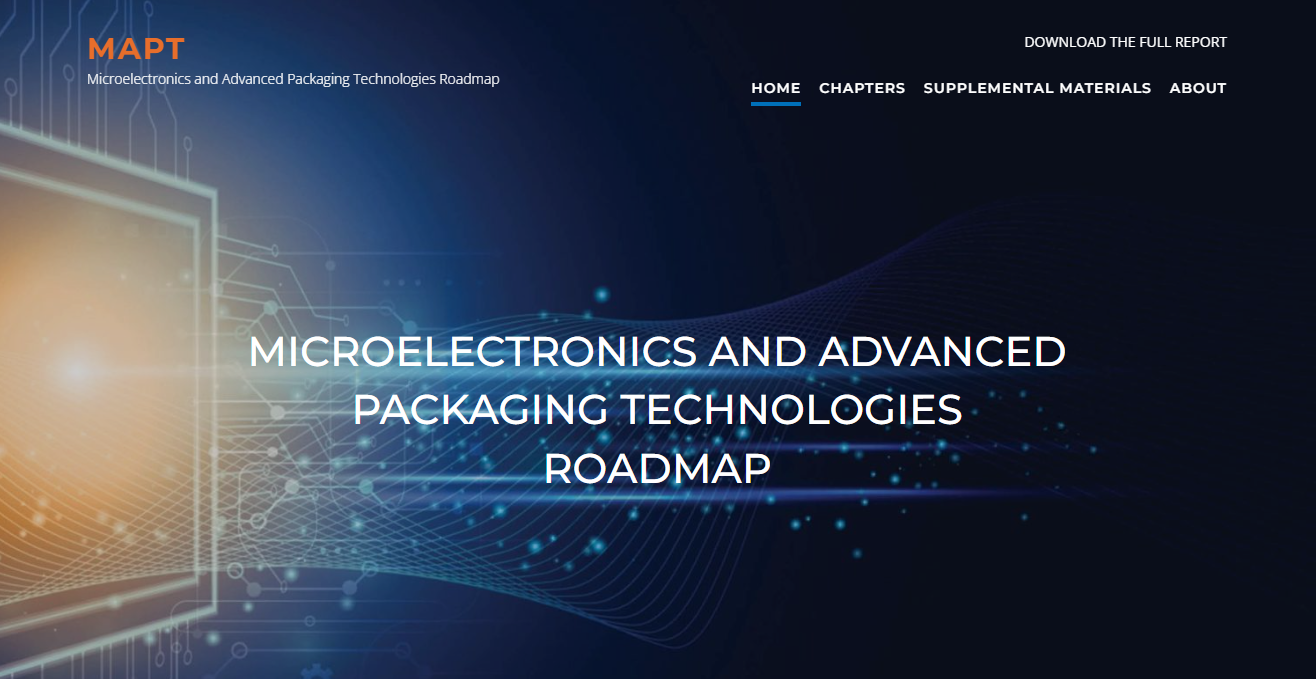Microelectronics and Advanced Packaging Technologies Roadmap
|
A Plan to Revitalize the Semiconductor Industry for Decades to Come |
Crafted through the collective effort of hundreds of individuals representing 112 organizations from government, academia, and industry, the Microelectronics and Advanced Packaging Technologies Roadmap builds upon the 2030 Decadal Plan for Semiconductors.
The MAPT Roadmap directly supports the Chips and Science Act, led by the U.S. Department of Commerce, in efforts to develop a robust domestic ecosystem. The MAPT Roadmap, the first industry-wide 3D semiconductor roadmap, will guide the forthcoming microelectronics revolution!
Victor Zhirnov, Chief Scientist
 Victor Zhirnov is Chief Scientist at Semiconductor Research Corporation. He is responsible for envisioning new long-term research directions in semiconductor information and communication technologies for industry and academia. Victor serves as the Chair for the 2030 Decadal Plan for Semiconductors and as the Director for the MAPT Roadmap.
Victor Zhirnov is Chief Scientist at Semiconductor Research Corporation. He is responsible for envisioning new long-term research directions in semiconductor information and communication technologies for industry and academia. Victor serves as the Chair for the 2030 Decadal Plan for Semiconductors and as the Director for the MAPT Roadmap.
![]() Contact Victor
Contact Victor



